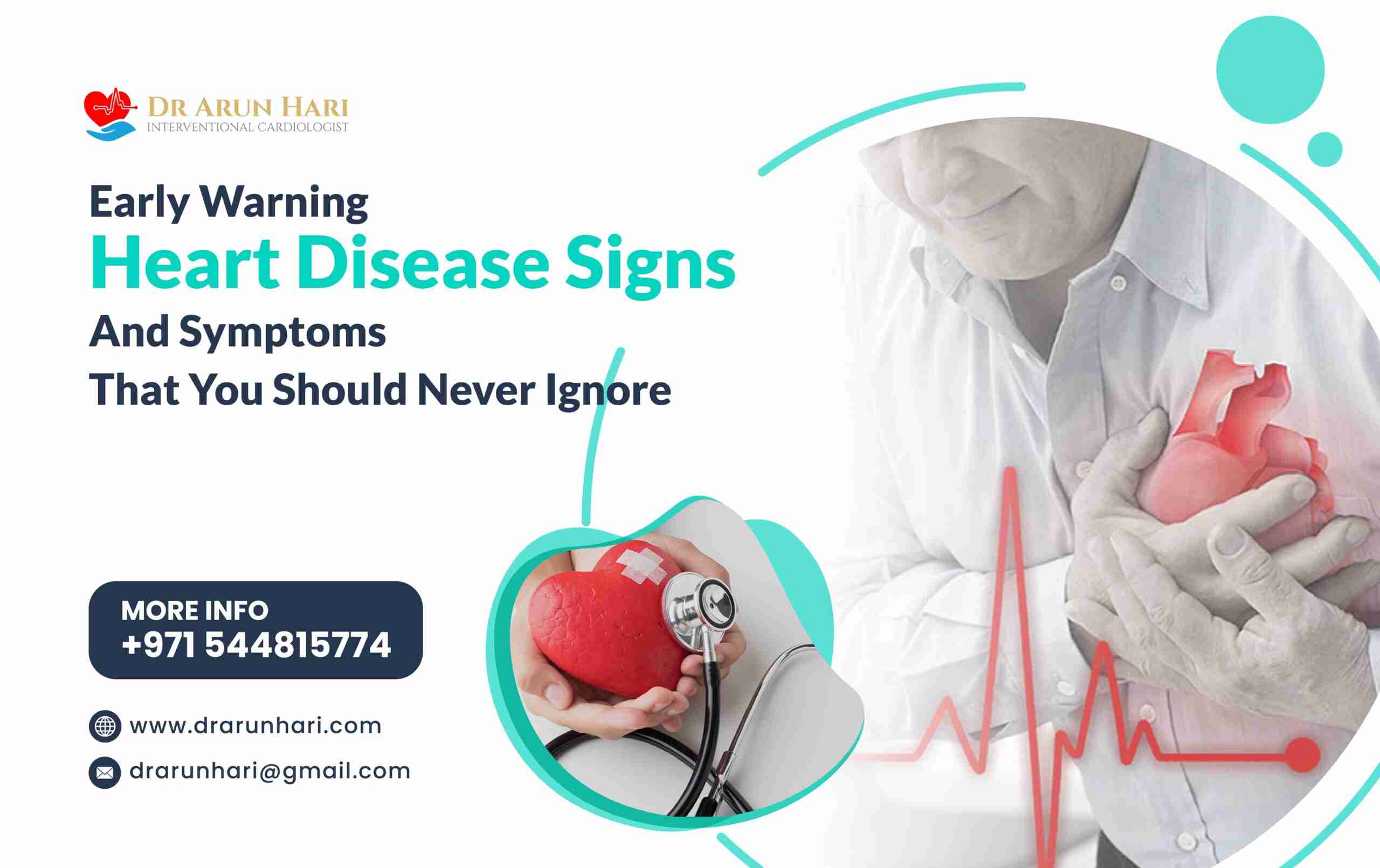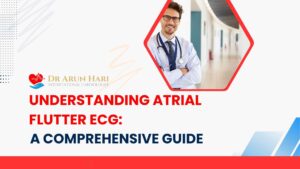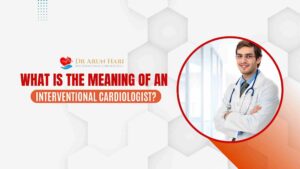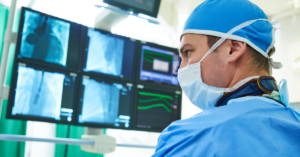Heart disease, including obesity-related heart disease deaths, is a leading cause of death for both men and women and it develops gradually. However, there are often early signs of heart disease in females and males, such as chest pain and chest discomfort, which might go unnoticed. Other early warning signs of heart disease, such as atrial fibrillation, include shortness of breath, irregular heartbeat, severe coughing episodes, swelling in legs and feet, and fatigue.
Heart Disease Signs And Symptoms
As we all have different body types, it is difficult to ascertain how our body will react to any heart condition, and thus, the symptoms show up differently in different people. So, It is very important to be aware of 6 signs of heart attack a month before so that you can get prompt treatment and lifestyle recommendations from your cardiologist or physician.
#1 – Chest Pain
One very common early warning symptom of heart disease is chest pain or discomfort often referred to as angina that relates particularly to your heart. This can feel like a squeezing sensation or pain in the chest. It may also involve feeling pain in the jaw, neck, shoulders, or arms. This chest pain is often caused by coronary artery disease, which is when the arteries that supply blood to the heart become narrowed or blocked. It can be varying in intensity, amount of pain, and areas that it may involve in different people. It can be characterized as follows:-
- Different people experience chest pain that can be mild to moderate or severe in nature.
- You may feel a squeezing sensation or heaviness in your chest.
- It may also feel like a sharp or burning type of pain that sometimes can be misinterpreted as acid reflux symptoms or GERD.
- Pain can be felt below the sternum or the breast bone and can be felt to travel towards your neck, arms, jaws, and upper back.
#2 – Shortness of Breath
It is another prominent symptom of your heart not functioning well as it should. You may experience shortness of breath when your blood supply to the heart is severely affected causing the back flow of venous blood towards your lungs and fluids leakage into your lungs. You may experience shortness of breath during activities, at rest, or even while you are asleep, as one of the early signs of heart failure in adults.
#3 – Cough & Wheezing
If you are encountering frequent cough and wheezing symptoms that are difficult to go away, it may point towards fluid building up in your lungs, again due to abnormal heart function. You may also cough up blood-tinged or pink colored mucus.
#4 – Swelling In Legs and Feet
When your heart is not functioning well, it may cause venous return causing fluid buildup and swelling in your legs and feet. Inadequate blood supply to legs & feet can cause pain, fatigue, discomfort, and burning, which are heart problem symptoms in females and males. These type of symptoms can occur in your calves, thighs, and your feet & ankles. You may also feel numbness in your feet at rest, pale discoloration, and your feet may feel cold to touch.
#5 – Stroke Symptoms
A stroke when a portion of your brain stops receiving fresh blood often affects either one side of your body and causing symptoms such as facial drooping, difficulty speaking, and difficulty in moving your limb.
#6 – Fatigue
Although this appears to be a normal thing for many, feeling too tired even to carry on with your normal daily activities can be due to a heart disease. You will feel severely tired during or just before a heart attack. For rapid or irregular heartbeats along with severe weakness, you must seek immediate medical help from a specialist.
If you experience any of these symptoms, it’s important to see a doctor right away. The doctor will use advancements in AI-powered diagnostics for heart conditions to check and rule out other potential causes. He will then determine if you have heart disease.
For heart diseases, extreme heat on heart health is also a factor to consider, alongside treatments and lifestyle changes that can help. These include quitting smoking, exercising regularly, eating a healthy diet, managing stress, and getting enough sleep. For heart diseases, which are expected to affect more than half of U.S. adults by 2050, there are treatments and lifestyle changes that can help can also include medications, surgery, and devices such as pacemakers, and following guidelines on how to prevent heart disease effectively.
Dr. Arun Is Well Known For His Expertise & Skills in Treating Heart Conditions!
Do you think you may be at risk for heart disease? Consult Dr. Arun to ask your queries. Get a perfect diagnosis from him. He gives expert recommendations and quality advice. He will provide you with a well-defined treatment plan to keep your heart healthy.





